美国能源部西北太平洋国家实验室(PNNL)的科学家们开发了一种全新的储氢评估框架,并声称该框架可以帮助公用事业部门、监管机构、能源供应商和研究人员评估储存这种清洁燃料的经济效益。
这一新框架被命名为氢能储存评估工具(HESET),是研究小组于2013年创建的PNNL能源储存评估工具(ESET)的改编版本。它能够评估单个系统组件、不同的氢气流动路径、各种电网和最终用户服务以及多尺度耦合现象。
PNNL研究员Di Wu说道:“这款工具的独特之处在于,它允许叠加收入流建模,例如电网服务与多种不同的氢气最终用途。”他指出,所储存的氢气可用于如频率调节、容量值、输电或配电设备升级延缓、降低需量电费和需求响应等各种电网服务。
据Wu透露,储氢不同于其他形式的能源储存,它能够以相对较低的单位体积成本与多个领域互动,实现长期储存。
研究小组已在容量从1到10 MW不等的、配置各异的电解槽上测试过这款新型工具。他们发现,只要尺寸合适,该系统不仅具有经济可行性,还可实现高达1.5倍的投资回报率。Wu进一步解释说:“捆绑式电网服务的经济效益可以使氢能储存项目更具成本效益。我们必须确定价值流并将其适当货币化,才能使储氢成为更具财务竞争力的选择,进而大规模应用。”
This content is protected by copyright and may not be reused. If you want to cooperate with us and would like to reuse some of our content, please contact: editors@pv-magazine.com.
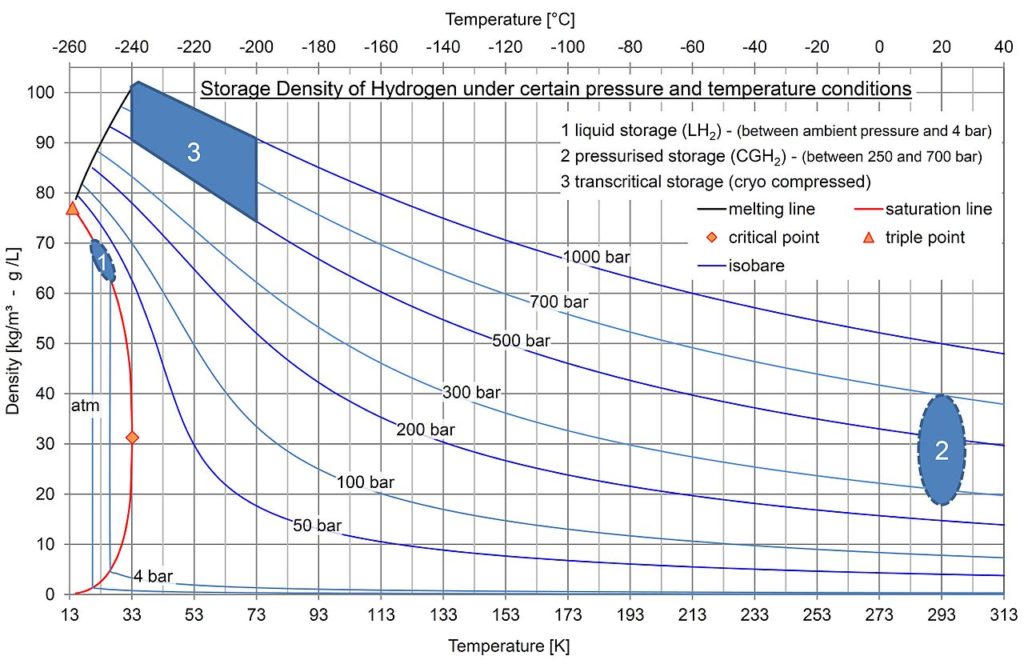



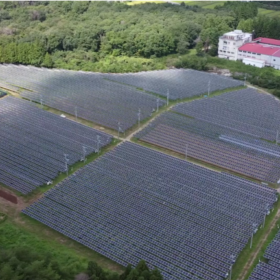
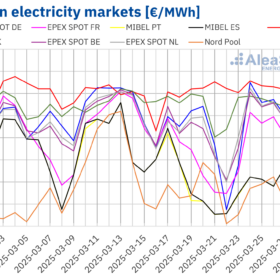
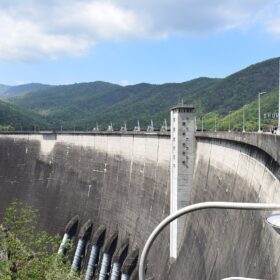





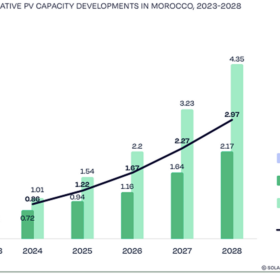

By submitting this form you agree to pv magazine using your data for the purposes of publishing your comment.
Your personal data will only be disclosed or otherwise transmitted to third parties for the purposes of spam filtering or if this is necessary for technical maintenance of the website. Any other transfer to third parties will not take place unless this is justified on the basis of applicable data protection regulations or if pv magazine is legally obliged to do so.
You may revoke this consent at any time with effect for the future, in which case your personal data will be deleted immediately. Otherwise, your data will be deleted if pv magazine has processed your request or the purpose of data storage is fulfilled.
Further information on data privacy can be found in our Data Protection Policy.